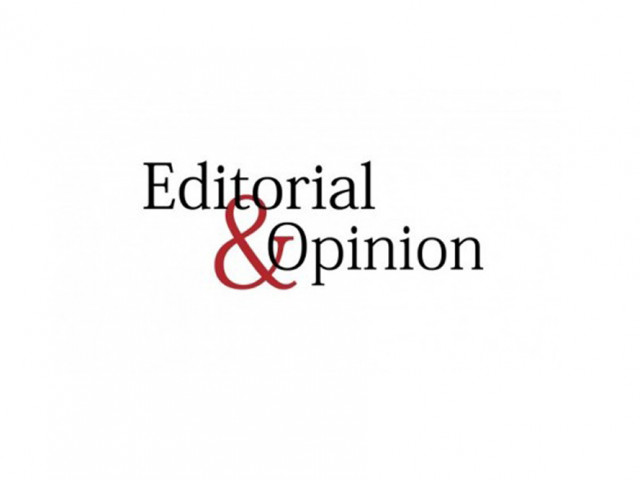Gender gap crisis
.

Pakistan's rock-bottom ranking in the World Economic Forum's Global Gender Gap Report 2025 is a damning indictment of the government's claims regarding women's empowerment. Pakistan fared even lower than Iran, which has several social restrictions on women, and war-torn Sudan, where a large share of the women are internally displaced and unable to access proper healthcare or work, while enduring high rates of sexual violence.
Among the most telling gaps in the report is that women still account for only 22.8% of the labour force, almost all of which is in agriculture or 'women's work', such as maids and other domestic work for those with less education, or teaching, and occasionally medicine, for educated women. Even here, it is worth noting that women who study medicine are often referred to as "lady doctors", rather than just doctors, in a manner that often comes across as pejorative. Women are also chronically underpaid, with many employers intentionally underpaying white-collar workers because they probably are not their families' breadwinners.
As for political participation, the only reason we have any significant political representation for women is because of reserved seats. Currently, only 12 women members of the National Assembly are directly elected, and almost all of them are from political families. While many women in politics have proven themselves to be competent, the fact that they are only allowed into the field if a male relative opens the door is emblematic of problems across society and in all walks of life.
Meanwhile, even data for education — which on the face suggests slight improvements in women's enrolment — is skewed by the fact that male enrolment declined, artificially inflating the improvement for girls.
Experts believe that improving women's workforce participation alone could increase GDP by 60%. Female participation in politics and society could also improve professional, educational and health outcomes for women. Bridging the gender gap is, thus, not just a women's issue, but of everyone.














COMMENTS
Comments are moderated and generally will be posted if they are on-topic and not abusive.
For more information, please see our Comments FAQ